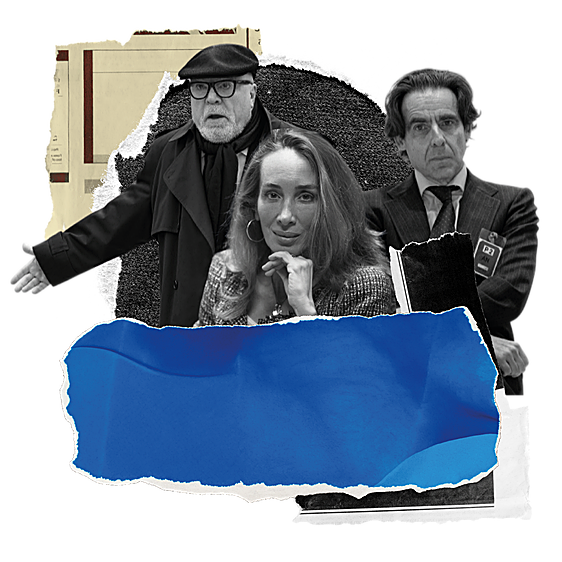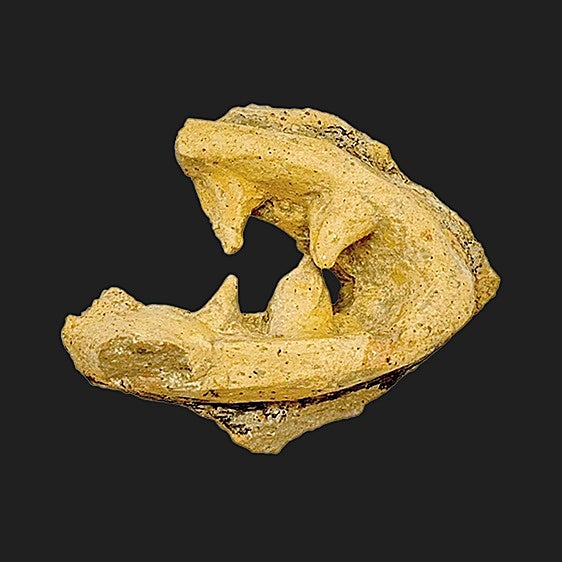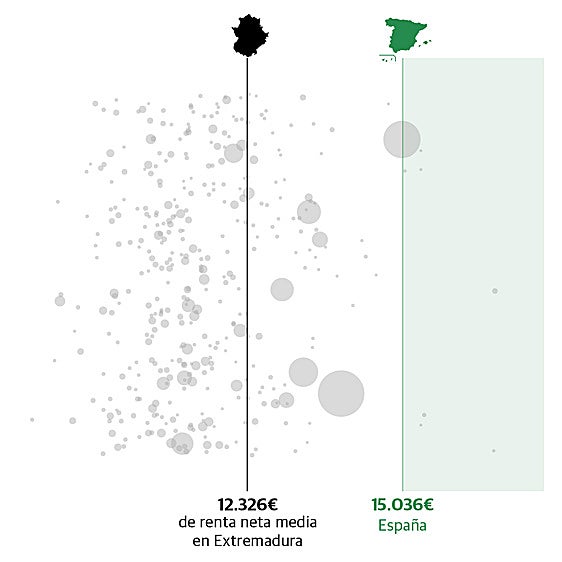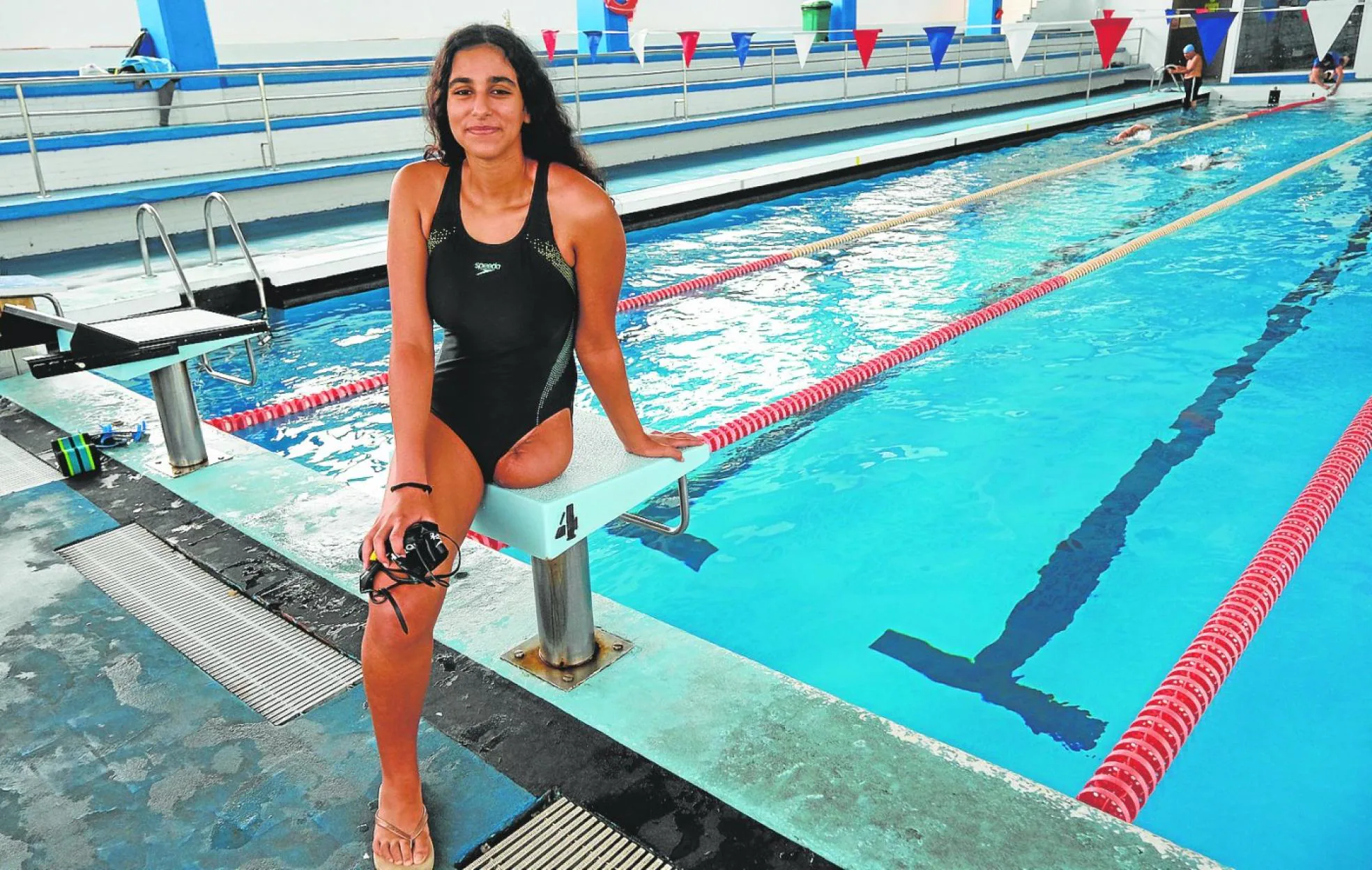A swimmer who sees no barriers
Amira Bencherqi. The 16-year-old lost a leg in a car crash in Morocco when she was four. Now living in Malaga, she is a world champion and is dreaming of the Paralympics
MARINA RIVAS
Thursday, 5 January 2023, 12:18
We should all learn to complain less, make the most of our strengths and not let our weaknesses get us down. We should understand that we cannot live an inward-looking life, in constant sadness. We can all get ahead and we have to give ourselves the chance to do so. But it takes meeting someone like Amira Bencherqi to be reminded of this.
It has been 12 years since tragedy struck the Bencherqi household: a terrible car accident. The youngest member of the family, Amira (who was in the car with her father and one of her aunts), went through the windscreen and it almost severed her leg completely. She still has occasional flashbacks to that traumatic time even though she was only four years old when it happened.
That was in Morocco, the country her parents came from. However, she could not be treated properly there so she had to be transferred to Gran Canaria by helicopter. The diagnosis was not positive, and little Amira lost her leg. But what for many people would have seemed like the end of the world, for others it is a new opportunity for living.
"In adapted swimming I see people with disabilities even more severe than mine and then I feel grateful it wasn't any worse"
"My mother was very strong, she didn't want us to cry, she always said the important thing is that I was still alive," Amira says. Her father, on the other hand, took it very badly. "He felt guilty after the accident," she says.
But, despite the tears and painful nights, they decided to face up to reality. If they had thrown in the towel at that point and withdrawn into themselves, Amira would not be who she is today and who she could still become. She is 16 now, a brilliant student at school in Malaga and her dream is to go to university in the USA, with a sports scholarship.
She is a very intelligent, sensitive and cheerful teenager but what is most incredible is that she has 53 medals from championships in Spain and is the current World Games champion in the 400-metre freestyle and runner-up in the 100-metre backstroke and 50-metre freestyle in the S9 adapted category.
Amira was born in Lanzarote, where her parents met (her father is from Rabat and her mother is Saharawi), but she feels 'malagueña' because after the accident, thanks to the encouragement of her mother, this is where her life changed radically.
"My mother always liked Malaga but it was because of me that she made the decision to come here. She always supported me in my swimming and there weren't many important competitions in the Canaries. She saw that moving to Malaga would give me an opportunity to progress in my career," she explains.
After losing her leg, swimming became Amira's new motivation, her way of escaping the horror of what had happened. "When I started to compete in adapted swimming and started to see people with disabilities even more severe than mine, I felt grateful because things could have been a lot worse," she says.
Sacrifice
She progressed so well and so quickly that the islands became too small and her mother did not hesitate: she gave absolutely everything up for Amira. "She was a translator for the government at the United Nations and she left her job because in the beginning I needed a great deal of help and she wanted to look after me full-time. She sacrificed her professional career to support me. I took up all her time," Amira explains.
At present she lives with her mother. Unfortunately her father couldn't find a job in Malaga and chose to remain in Lanzarote, where he could work and earn enough to sustain them. They get together occasionally.
Otherwise, Amira's life is that of any other top-level athlete and that's how she wants to be seen, as a sportswoman like any other. She does, however, want to fly high. She leaves school at 2.30pm and goes straight to the pool at the Real Club Mediterráneo, where she trains under Melquiades Álvarez. She has lunch, changes and is in the water from 4pm to 6pm, and then spends another hour and a half weight-training.
She says having one leg is not an impediment; she has always had a brilliant ability to find solutions to any problem.
"I compete with people with and without disabilities. It really encourages me to improve and it gives me experience. I swim against people who are in better physical condition than me and that helps me to gain the inner strength to try to beat them," she says.
And so far it has indeed helped, because her progress has been remarkable: she has been winning medals since she was ten and at her first attempt at a major international competition, at the World Games in Portugal in November, she won a gold and two silvers.
Now that she has reached this high level, Amira Bencherqi has no intention of stopping.
"In Spain there is a very high standard in adapted swimming, but my aim is to compete in the Games in 2024 and, if not, in Los Angeles in 2028," she says. For people who do not see barriers, nothing is impossible.



